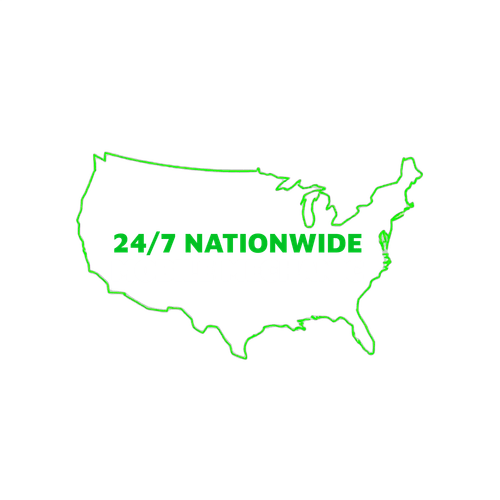4. The Fuel Pump
To get your engine running, you need a spark from the battery, oxygen from the air, and of course, some fuel! In modern cars, the fuel pump sends a steady stream of fuel to the fuel injectors. When you turn the key, the engine starts to spin, and those injectors spray just the right amount of gasoline into each cylinder. When the spark ignites this air/fuel mix, it pushes down the piston, spins the crankshaft, and voilà—your engine is off and running! If your car is having trouble starting, it might be one of these four components acting up. Don’t worry! Our friendly mobile mechanics can help you figure it out!
